
Management Team
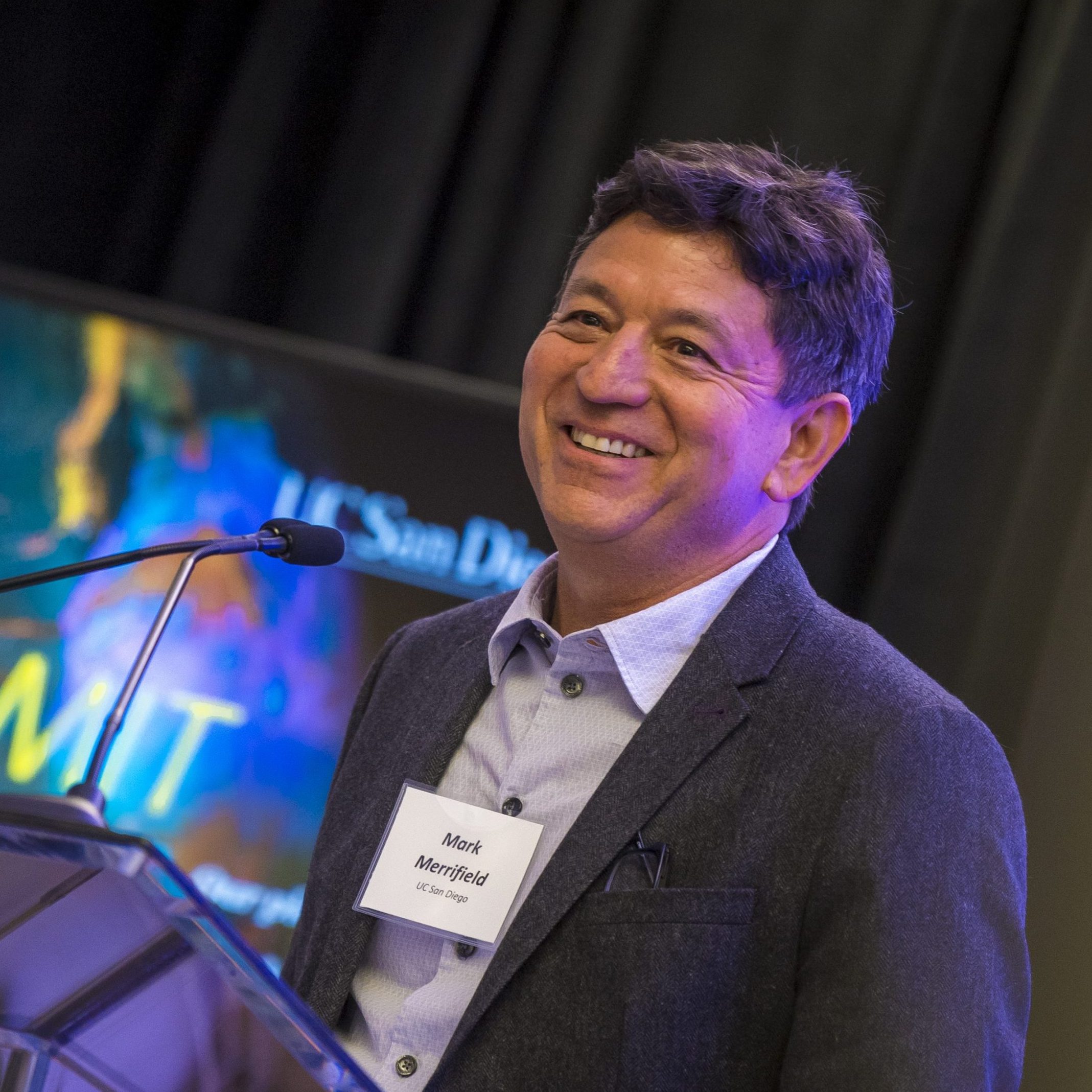
Mark Merrifield
Mark Merrifield is the director of the Center for Climate Change Impacts and Adaptation (CCCIA). Merrifield's research areas include sea-level rise and climate variability, coastal oceanography, and nearshore processes. He has a longstanding interest in linking basic and applied research outcomes to practical solutions for societal benefit. Merrifield has had experience working with partners in academia, industry, government, and non-government organizations as the chair of the Global Sea Level Observing System, as the lead investigator of the Waves and Water Level component of the Pacific Integrated Ocean Observing System (PacIOOS), and as a lead author of the Sea Level Change chapter of the Fifth Assessment Report of the Intergovernmental Panel on Climate Change. As CCCIA’s director, Merrifield is supporting and conducting research that advances the understanding of climate impacts and provides meaningful projections, while preparing the next generation of scientists, engineers, and policymakers in risk assessment and adaptation strategies.
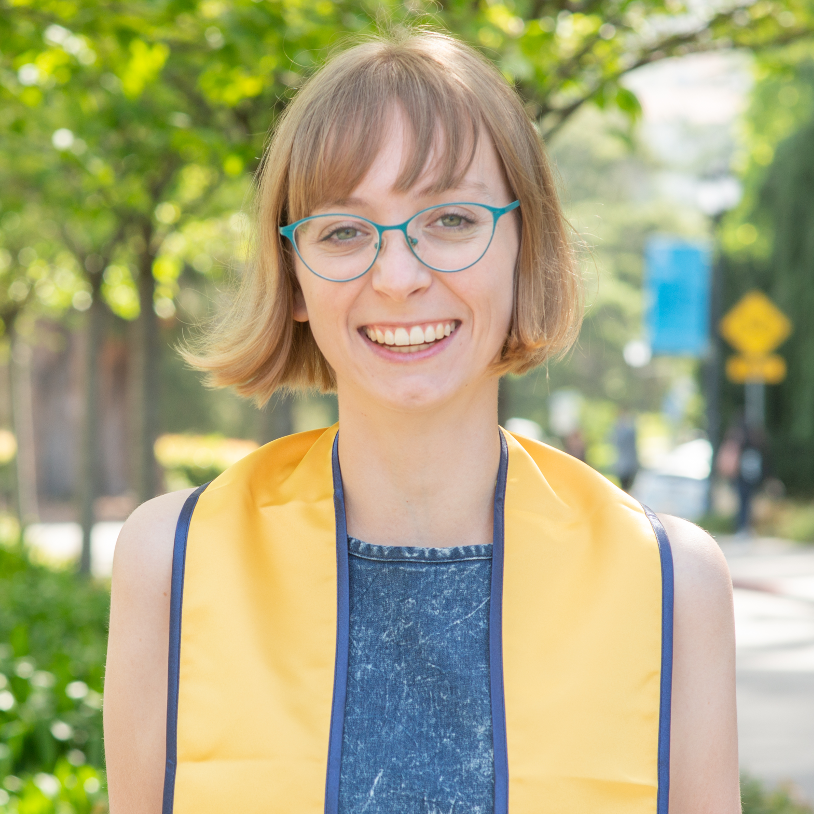
Maren Hale
Maren is a staff research associate at the Center for Climate Change Impacts and Adaptation, where she performs a variety of tasks related to the Center's new and ongoing research initiatives. She is also the hub manager for the SoCal Coastal Heat Hub where she manages day-to-day operations of the hub and contributes to hub research. Maren is also the lab manager for the Climate Change Epidemiology Lab (Benmarhnia Group) at Scripps Institution of Oceanography. Maren graduated from Scripps Institution of Oceanography's MAS program in Climate Science and Policy in 2020, and she holds a BA in Integrative Biology from UC Berkeley.
Theme Area 1: Atmosphere–land–ocean dynamics
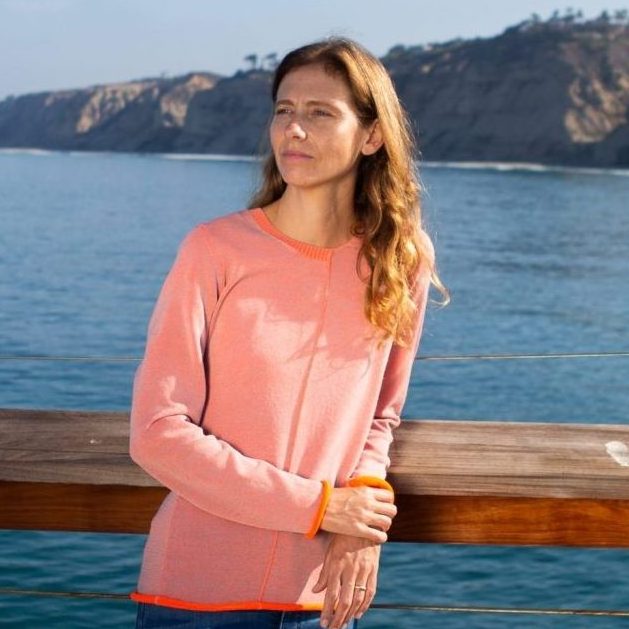
Rachel Clemesha
Rachel is a Project Scientist at Scripps Institution of Oceanography (SIO). Her research focuses on coastal climate and meteorology, weather extremes and impacts. Rachel enjoys using her knowledge of low cloud dynamics as a gateway to collaborate with a diverse range of scientists and stakeholders. Rachel earned a PhD in Oceanography and a MS in Earth Sciences from SIO.
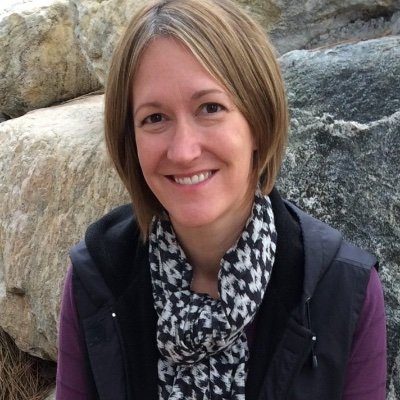
Kristen Guirguis
Kristen is a project scientist whose research includes regional and global climate variability and change, weather prediction and predictability, climate and weather extremes, and impacts on human health and society. Current and recent projects focus on improving predictions of precipitation extremes in California on extended range to seasonal timescales, off-season heat waves in California and their impact on snowpack and water resources, and heat related health impacts on populations in California. Her work has contributed to recent State and Regional Climate Change Assessments, and she actively participates in multidisciplinary collaborations with government agencies and non-profit organizations motivated to mitigate health impacts of weather extremes and climate change in the San Diego region, California, and the Western US.
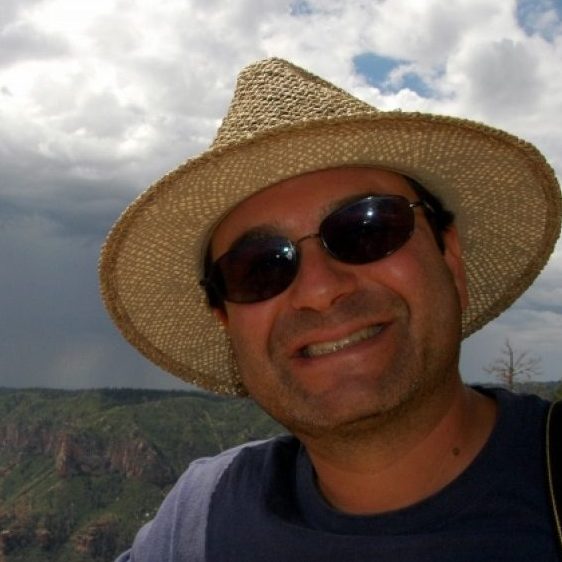
Sasha Gershunov
Sasha Gershunov is affiliated with the Climate Education Partners, NOAA’s California and Nevada Climate Applications Program, Department of the Interior’s Southwest Climate Science Center, and the Center for Water and Weather Extremes (CW3E) at the Scripps Institution of Oceanography, all focused on regionally-relevant climate research with benefit to society ranging from education to resource management. Sasha’s research focuses on interrelated aspects of weather, climate and society. His professional interests include understanding the links between regional weather extremes and large-scale climate variability and change, long-range climate prediction, the atmospheric water cycle, precipitation and drought, heat waves, cold snaps, marine layer clouds, atmospheric rivers, Santa Ana winds, extreme weather and climate impacts on wildfire, energy, ecosystems, water resources and public health, climate influence on society and human influence on climate.
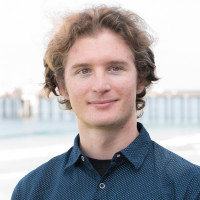
Alexander Weyant
Alexander Weyant is a PhD student working with Dr. Sasha Gershunov studying weather and climate.
Theme Area 2: Public health, epidemiology, and environmental justice
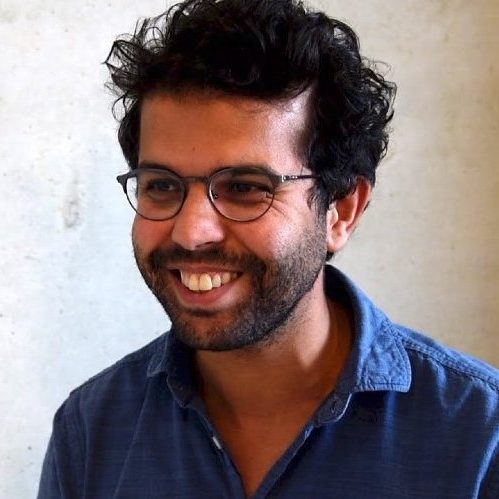
Tarik Benmarhnia
Tarik Benmarhnia is an associate professor in epidemiology at the University of California San Diego’s Scripps institution of Oceanography. He finished his PhD in epidemiology jointly from the University of Montreal and Paris Sud and a post-doctoral position at McGill University with the Institute for Health and Social Policy. His work is combining epidemiological methods with environmental and econometric models with a specific focus on health policies and environmental justice.
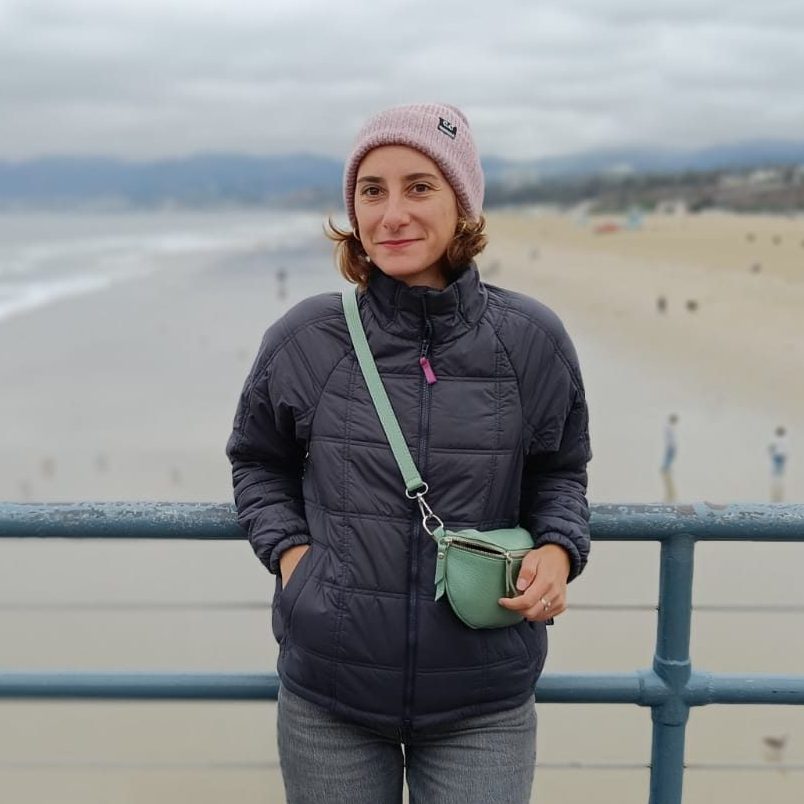
Anna Dimitrova
Anna is a postdoctoral scholar at the University of California San Diego. She holds a PhD in economic and social sciences from the Vienna University of Economics and Business and a MA in economics from the University of Glasgow. Her research focuses on the impacts of climate and environmental change on human health and wellbeing. She studies a wide range of issues related to child nutrition, infectious diseases, maternal health, and migration, among other topics, and her work focuses on populations in low- and middle-income countries. A central goal of her work is to better understand the determinants of human vulnerability to climate change and the factors that enhance our adaptive capacity.
Theme Area 3: Ecohydrology and sustainable greening
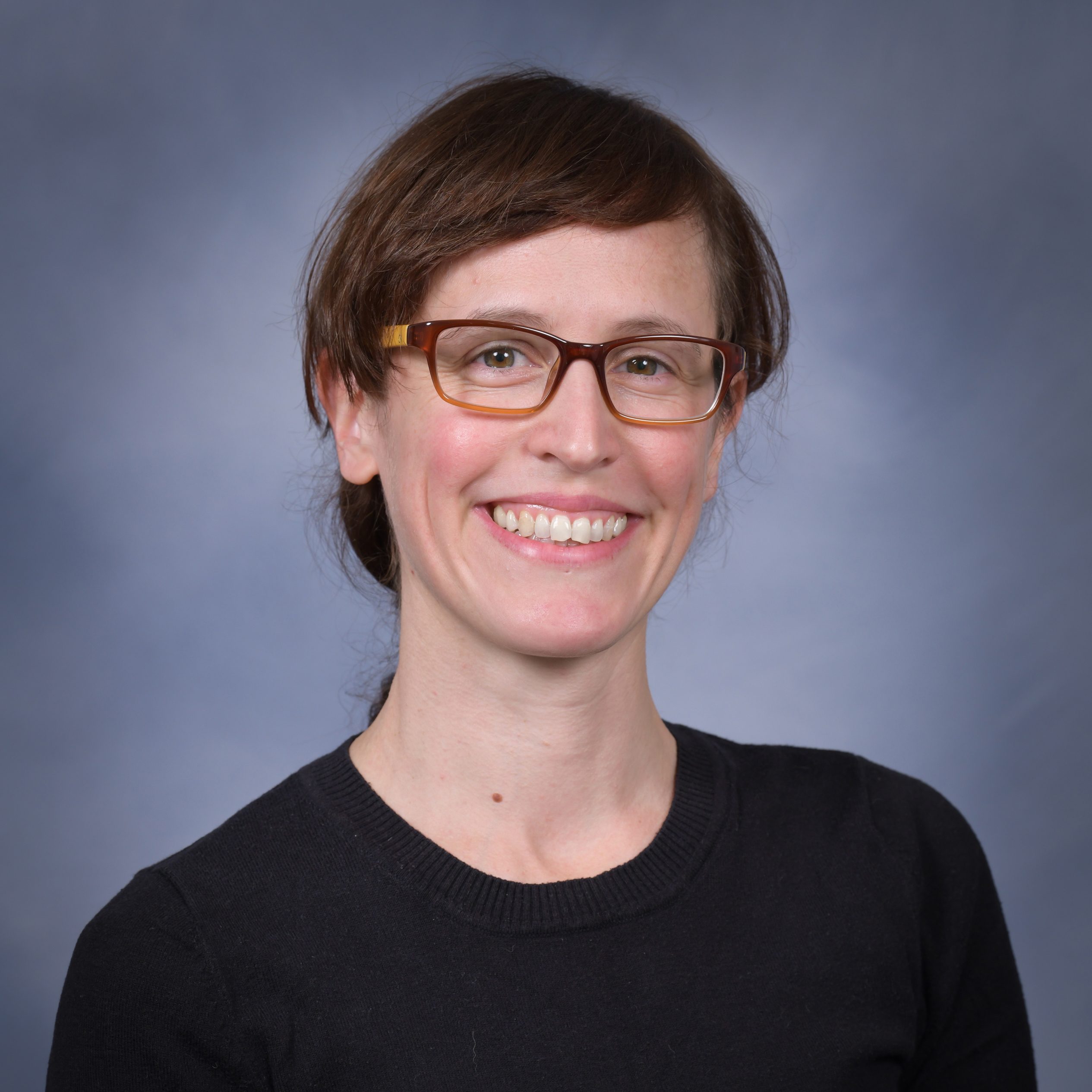
Morgan Levy
Morgan Levy is an assistant professor with a split appointment between the Scripps Institution of Oceanography and the School of Global Policy and Strategy. She received a Ph.D. and M.S. in Energy and Resources, and a M.A. in Statistics from the University of California Berkeley. Her research focuses on understanding interactions between the hydroclimate, terrestrial water systems, and environmental and human health at local to global scales. Levy’s areas of expertise include physical hydrology and ecohydrology; environmental and earth system science; and applied statistics, including spatiotemporal data analysis and modeling.
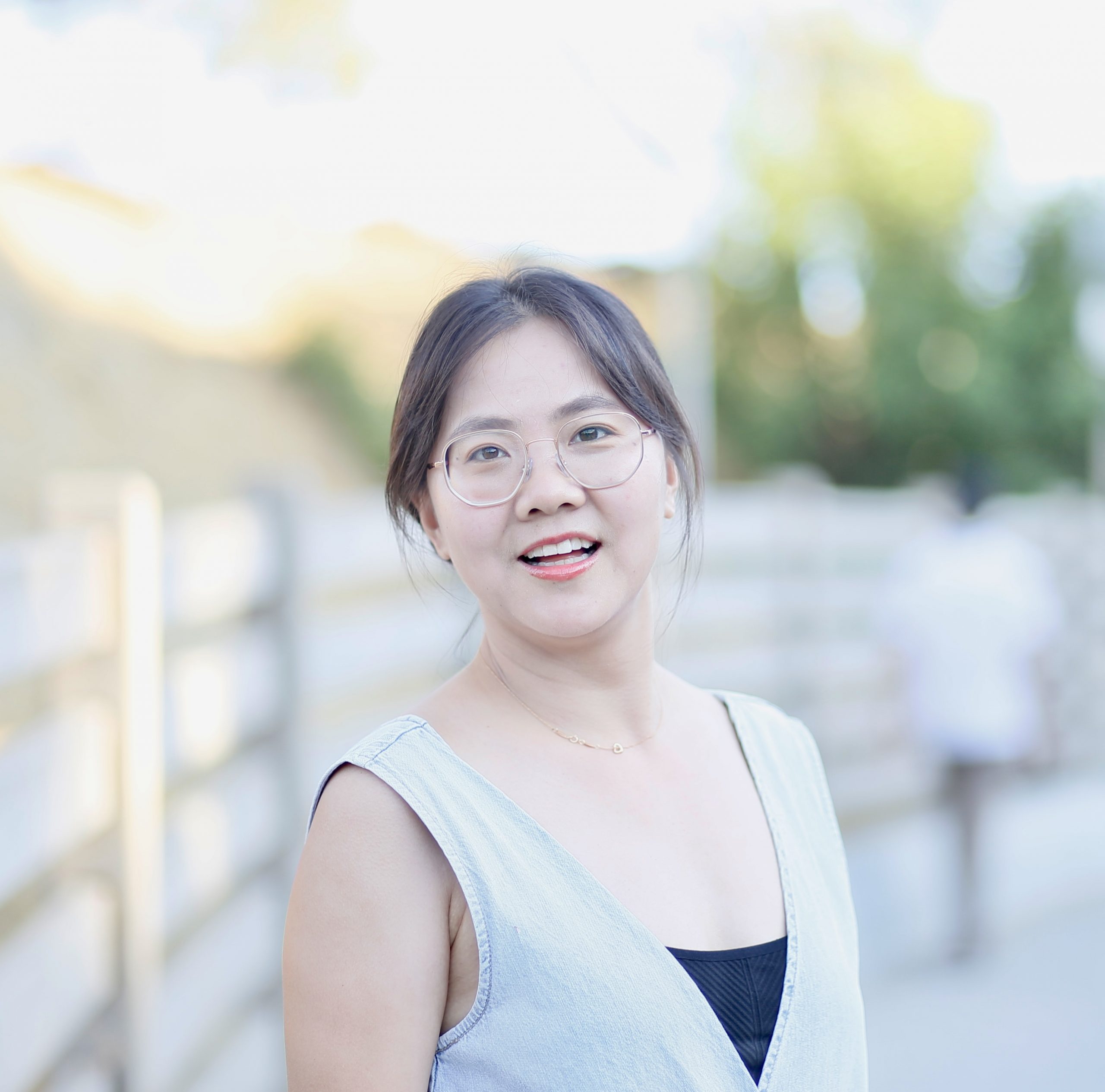
Xueli Yang
Xueli Yang is a Postdoctoral Scholar in Climate, Atmospheric Science, and Physical Oceanography at the University of California San Diego. She received a Ph.D. in Civil, Environmental and Sustainable Engineering from Arizona State University in 2023, and a M.S. in Hydraulic Engineering from China Agricultural University in 2018. Her research focuses on understanding complex nonlinear interactions in hydroclimate under climate change from system-based modeling. Xueli’s research interests include urban climate dynamics, extreme weather (heatwaves, drought, precipitation) predictions, and human activity & hydroclimate interactions from data-driven modeling.
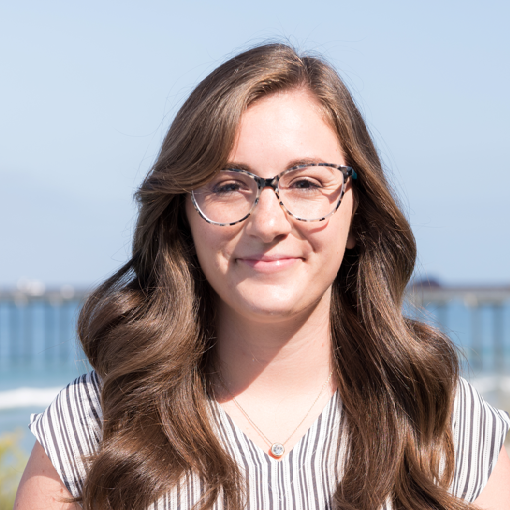
Laney Wicker
Laney Wicker is a Climate Science PhD student at the Scripps Institution of Oceanography. She received her BS in Physics and Astronomy from the University of Texas at Austin in 2019, after which she spent two years working as a data analyst in the private sector. Her research focuses on utilizing satellite and ground-based data within California to better understand intersections between sustainable greening, water quality and availability, and extreme weather events.
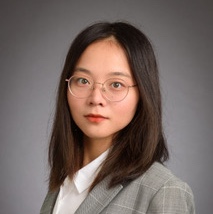
Zhuohan Fang
Zhuohan Fang is a Staff Research Associate jointly appointed at the SIO (Scripps Institution of Oceanography) and IGCC (University of California Institute on Global Conflict and Cooperation). She holds a Master’s degree specializing in Climate and Environmental Policy from the School of Global Policy and Strategy and a Bachelor’s degree in Agricultural Economics from Zhejiang University. Zhuohan’s research focuses on evaluating economic outcomes in the face of climate challenges and developing policies that foster energy transitions, technological innovation, and climate adaptation. Her current work emphasizes the integration of social welfare and environmental objectives, aiming to balance economic growth with sustainability using high-resolution data, environmental modeling, and causal inference approaches.
Theme Area 4: Community engagement
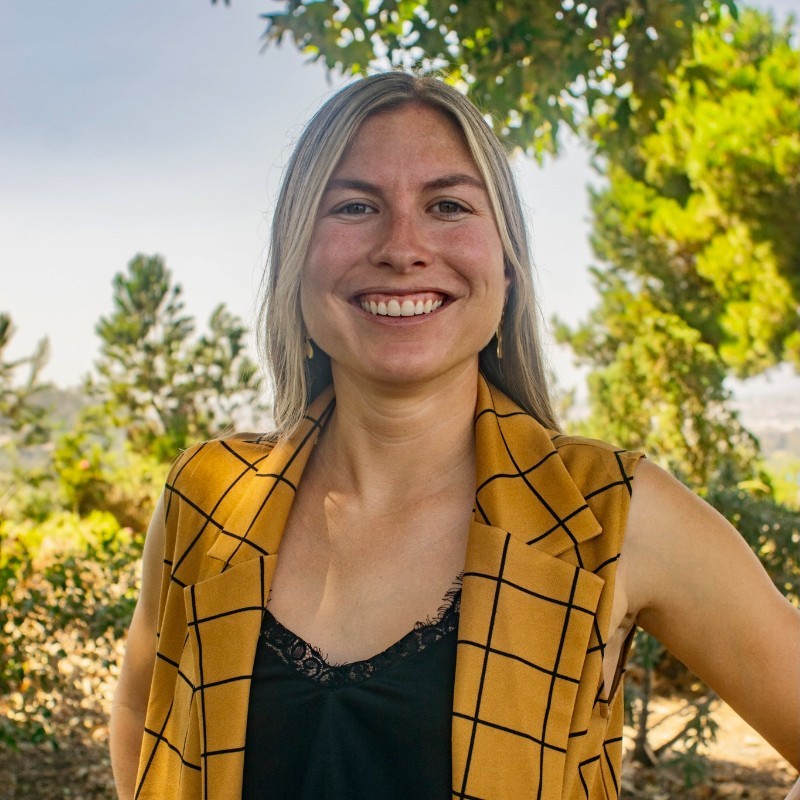
Darbi Berry
Darbi has been supporting the San Diego Regional Climate Collaborative's programs since 2019 and her work focuses on building community, collaboration and elevating regional leadership. Through the Climate Collaborative, Darbi leads regional efforts and dialogues on projects implementing climate adaptation, coastal resilience, energy efficiency, and climate-smart water resource management. She received her BS in Environmental Science and Policy from the University of South Florida and her MS in Environmental and Ocean Sciences from the University of San Diego.
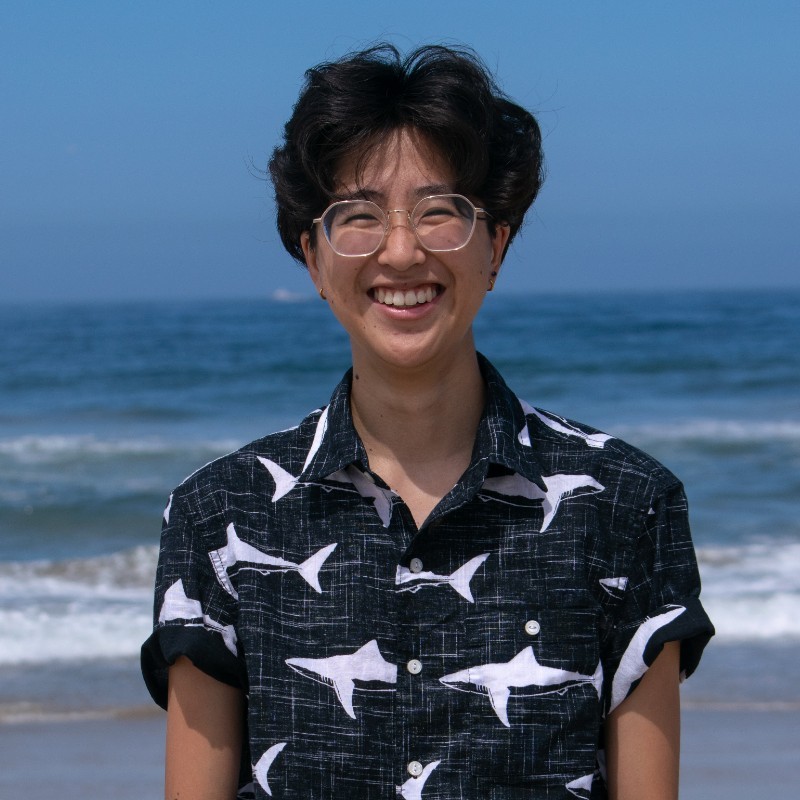
A-bel Gong
A-bel (they/them) serves as the Climate Research Manager for the San Diego Regional Climate Collaborative, supporting data analysis, event coordination, and outreach across projects. A-bel uses their spatial and computational analysis experience, as well as their passion for social justice, to provide a unique perspective and approach to the Climate Collaborative's research efforts surrounding environmental equity and justice. A-bel received their Bachelor's in Environmental & Ocean Sciences with minors in Biology and Gender Studies in 2020 and their Master's of Science in Environmental & Ocean Sciences in 2022 from the University of San Diego.
Theme Area 5: Education to broaden participation
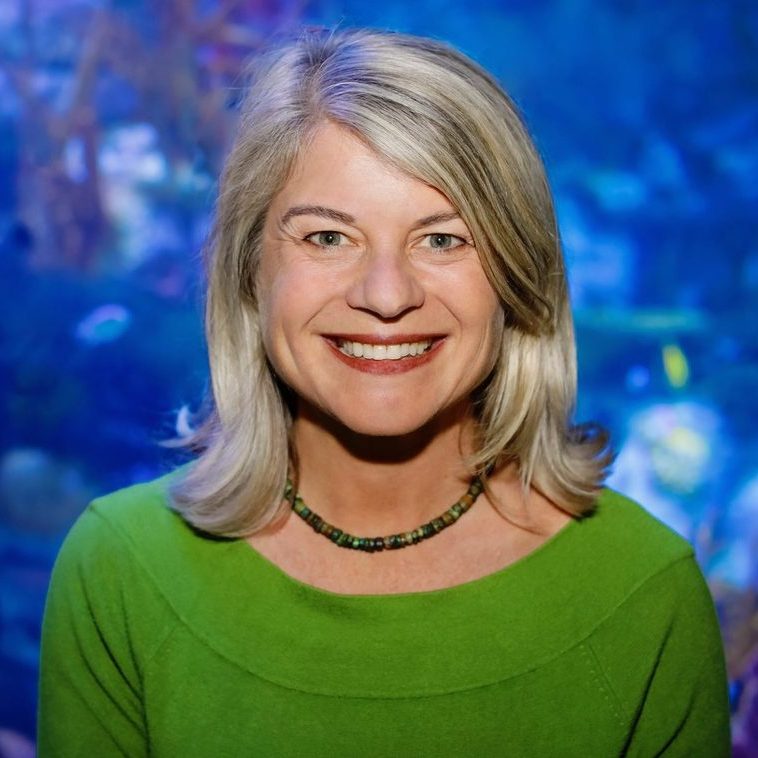
Nan Renner
Educator, designer, cognitive scientist, and administrator, Nan Renner works with colleagues and collaborators to promote engagement, learning, and educational equity. Through her work with University of California, San Diego’s Birch Aquarium at Scripps Institution of Oceanography and Center for Research on Educational Equity, Assessment, and Teaching Excellence STEM Success Initiative, she connects learning across the lifespan in multiple settings, in schools and outside of schools. She promotes active experiential learning with shared goals and a common purpose, ultimately striving for greater curiosity, creativity, compassion, and collective action.
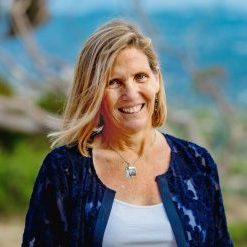
Cheryl Peach
Cheryl Peach is the Director of Scripps Educational Alliances, a position focused on supporting the interplay between science and education at Scripps Institution of Oceanography. Cheryl’s primary role is to spearhead new initiatives in educational outreach, as well as incorporate aspects of Scripps research activities into high quality educational programs locally, regionally and nationally. Cheryl has also had a long career in undergraduate instruction, having taught courses in earth history and evolution, climate science and science communications, as well as seminars and workshops for graduate students aimed at increasing their communications skills. Prior to her arrival at Scripps, Cheryl spent 7 years as an oceanography faculty member and interim dean at Sea Education Association (SEA). At SEA, Cheryl served as a seagoing research scientist and taught college undergraduates both on shore and at sea.
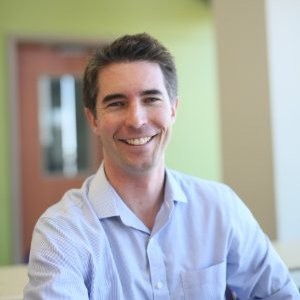
Alec Barron
Alec Barron is the Director of the San Diego Science Project at UC San Diego CREATE. Through this role, he supports science educator networks, delivers engaging science programs and resources, and builds bridges between researchers and educators through shared learning. In previous roles as a K12 science teacher and administrator, he led the design of new curricula, professional learning, and instructional coaching to support NGSS implementation. As a leader, he is interested in how we develop systems and supports for science educators to continuously improve and innovate as equity designers.
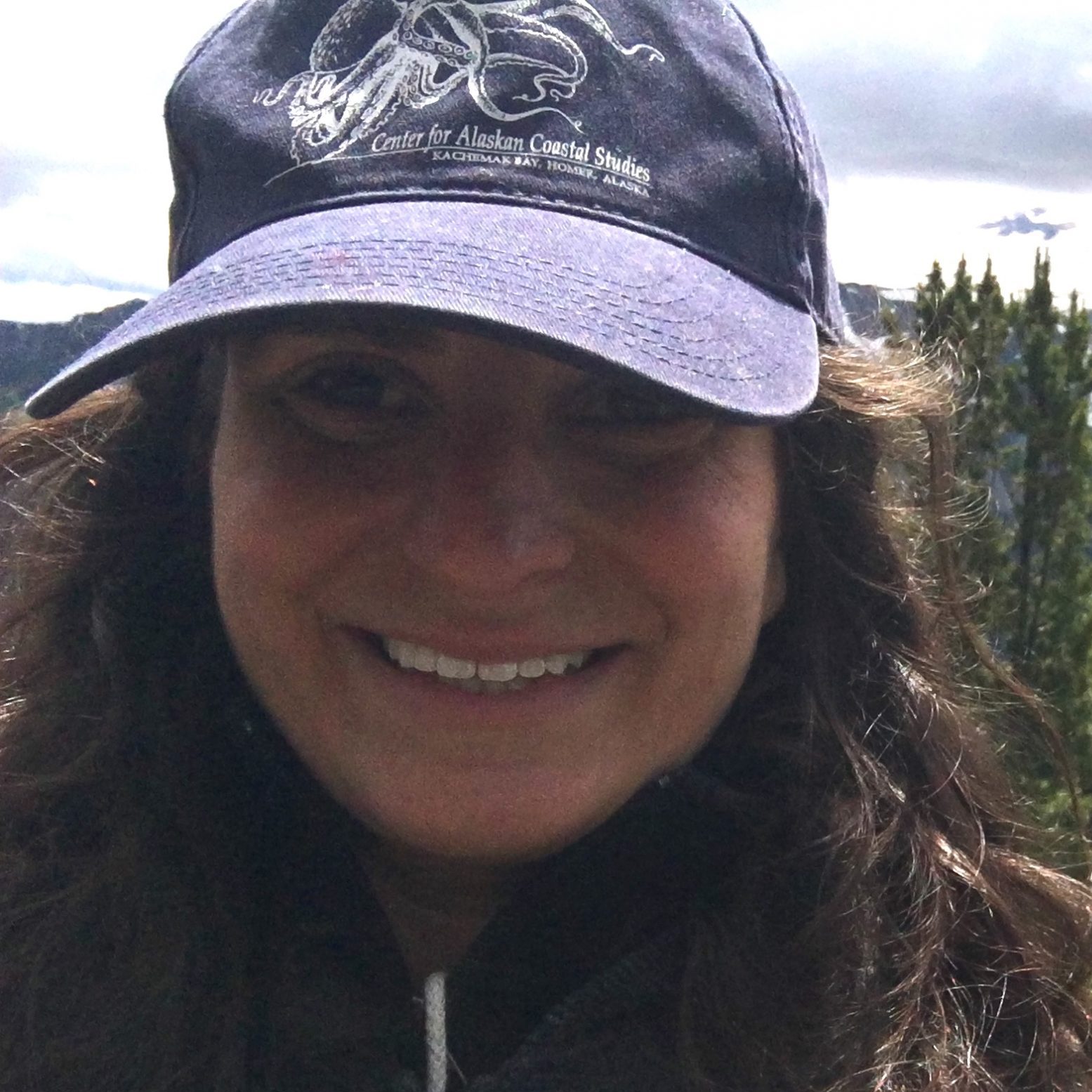
Jessica Bean
Jessica Bean is the leader of the Understanding Global Change Project at the Museum of Paleontology at UC Berkeley, and the Director of Outreach and Science for the FieldScope Project. She designs tools for learning about the Earth as a dynamic, interconnected system. As a research scientist, she studies the effects of environmental change on marine invertebrates along the California coast, and has taught college and graduate level biology and Earth science courses. She partners with K-12 educators to develop and implement new tools for learning about the nature and process of science, ecosystems, and climate change. Previously, she ran an NSF Graduate STEM Fellows in K-12 Education Program at the University of California, Davis, where she received her Ph.D. in Earth and Planetary Sciences.
